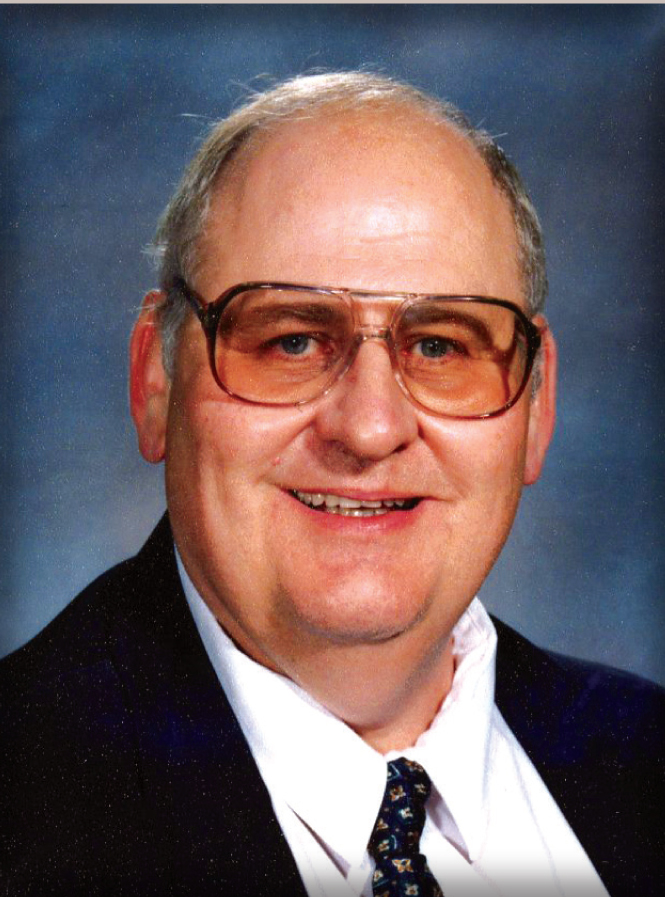Page Content
 Those familiar with Terry Riley and his storied teaching career know and remember him for many things –social studies teacher for more than a quarter of a century, president of the Medicine Hat Progressive Conservative (PC) Constituency Association and district representative for the Alberta Teachers’ Association (ATA), and now chair for the Medicine Hat Public School Board.
Those familiar with Terry Riley and his storied teaching career know and remember him for many things –social studies teacher for more than a quarter of a century, president of the Medicine Hat Progressive Conservative (PC) Constituency Association and district representative for the Alberta Teachers’ Association (ATA), and now chair for the Medicine Hat Public School Board.
That’s why it’s surprising that one of his scariest roles was staff advisor to his school’s cheerleading squad. Riley accepted the position because not doing so would have resulted in the squad being disbanded. He recounts his amazement at the feats the cheerleading athletes would take on. “Those girls on top of the pyramid did some incredibly dangerous things – way more dangerous than what the football players were doing,” said Riley, who was also coaching the school football team.
Riley, a native of Calgary, began his teaching career after receiving degrees in history, economics and education from the University of Calgary. After spending a couple of years teaching in Grande Cache, he moved to Medicine Hat in 1974. Teaching social studies seemed a natural fit for Riley, who loved current events and history, and played an active role in provincial politics.
Volunteering for the PC party during the 1975 provincial election was prompted by both his interest in making a difference and his dislike of the Social Credit party. His involvement grew and he eventually became president of the Medicine Hat PC Constituency Association. Serving in this role for eight years, Riley helped build local party contacts, connected with the local MLA and recruited people to join the executive. He spoke fondly of his weekly discussions with former MLA Jim Horseman.
Riley often invited guest speakers to his class, including leaders of the three major political parties of the time. “My students learned first-hand about the policies of the different political parties, questioned the leaders, and made up their own minds about which party they agreed with most,” he said. Riley is proud of his efforts to build a strong PC youth group. “Through coaching and teaching, I got students interested in politics.”
His strong belief in participatory democracy motivated Riley to get involved with the ATA. He served as president of his local, chair of the Economic Policy Committee and South East district representative.
Though Riley speaks fondly of his years with the ATA and the PC party, there were some challenges. Some people felt that serving in executive positions in the ATA and the PC party was an uncomfortable juxtaposition. Riley disagreed. “There were times I felt both organizations were leaning too far one way or another and I felt I could bring balance.”
Riley went on to say: “I have no time for standing on the sidelines. Decisions are made by people who show up. Voting once every four years is not participatory democracy.” He recalled rebutting the views of a former minister of education who wanted to bring in a school voucher system at a meeting. His reasoning against the idea brought a smile and a nod of agreement from then Premier Lougheed and the policy was defeated.
Riley modestly laughed at the idea that he is a builder of society; he feels he just did what needed to be done. “Teachers have a view of the future and they are looking to influence the future 10, 20, and 30 years down the road,” he said. “It’s important to have a long-range view of where society should go and what it should look like.” For Riley, who retired from teaching in 2002 and is likely serving his final term as a school trustee, it’s important for everyone to work to help shape society – particularly teachers because their job is to build the future.
